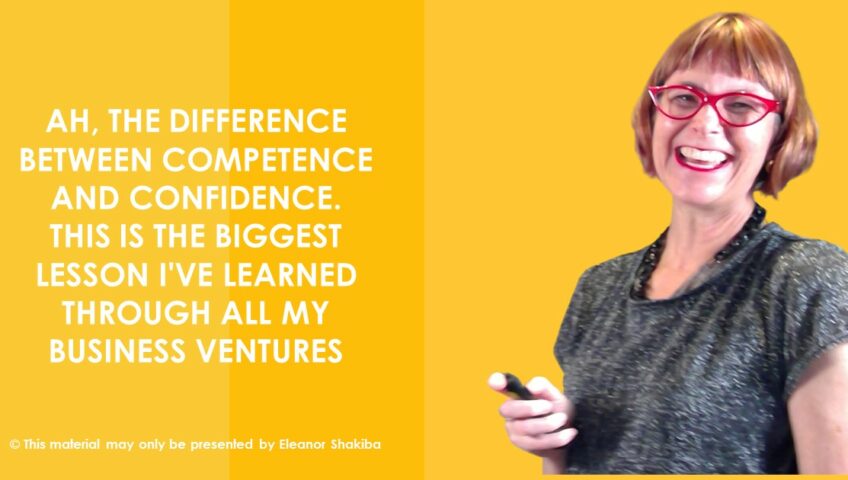When I left university, I couldn’t find a job. My parents’ prophecies about anthropology being an impractical degree turned out to be right. However, that didn’t stop me for long. What my studies lacked in practicality, they made up for in seeding a set of core values and interests. I graduated with a passion for cultural dynamics, a flair for writing and a fascination with myths and stories from around the world. I also had some work experience to draw on. During my gap year, I worked in a childcare centre. The combination of life experience and exotic studies sparked an idea.
I was going to set up a theatre company. It would focus on turning stories from around the world into a place for children. I found three other unemployed anthropologists and the Magic Story Plays theatre troupe was born. We were surprisingly successful for a group of recent graduates with no business experience. Indeed, we lasted five years. During that time, we toured our original plays around New South Wales. Our key achievement was gaining accreditation to perform in schools, in our final year of working together.
Unfortunately, we also had a few skill gaps. We had no idea about marketing or budgeting. This meant our plays were highly creative and popular. However, we never capitalised on potential markets. After five years of exhausting work, I was sick of the constant cycle of creating, rehearsing, touring. I decided I was getting old and needed to get a proper day job. I was twenty-four years old.
Seeking to eliminate the uncertainty of a performer’s income and routine, I found the safest job I could locate. So began my years as a library assistant. It didn’t take long for my job to become less than rewarding. To fill the creative void, I joined a Middle Eastern dance company. My natural creativity quickly drew me into assisting with marketing and promoting the company.
Through all those experiences, I believed I was a failure. Looking back, of course, I now recognise a strong entrepreneurial spirit. I also smile at my natural creativity and ability to step into growth mindset mode. Of course, the lessons I learned in those years subsequently paid off when I set up my current business.
The most important thing I learned was that although it’s my strength, my creativity can only get me so far. To thrive in business, I had to develop focus and discipline. My creativity often still prompts me to invent even more projects. But now, I ask myself how those projects will contribute to my business’s success. If the answer is ‘not at all’, I don’t do it.
I’ve also learned that dabbling in areas of my own weakness is not a good idea. These days, I outsource bookkeeping and accounting because I’m just no good at it. I realise that this doesn’t mean my lack of confidence. It means I lack competence and need to source appropriately skilled help.
Ah, the difference between competence and confidence. This is the biggest lesson I’ve learned through all my business ventures. Realising I don’t have to master everything has freed me to focus on what I do best. This has subtly influenced my confidence and self-assurance. That’s probably because being creative takes me into my zone of flow, which allows me to operate in best self-mode.
This is a lesson I often share with participants in my courses on building confidence and self-esteem. Although everyone needs to find their own way of working in ‘the zone’, I know that when people work from strengths, they proposer and flourish. Ultimately, it doesn’t matter if you do things that don’t work out. Your failures create a pathway to future success.
.
About the author: Eleanor Shakiba
Eleanor is a specialist in positive psychology training. Her core strength is creativity, which she expresses in the training room through storytelling and visual design. She has dedicated her career to helping experienced professionals break through glass ceilings by developing their confidence, communication skills and leadership mastery. Eleanor is qualified in a range of fields including Social Anthropology, Positive Psychology, Counselling, Coaching, Adult Education and Neuro Linguistic Programming. She is also the author of the Positive Psychology Toolkit for HR and L&D Practitioners. This is a free resource for trainers and facilitators.
